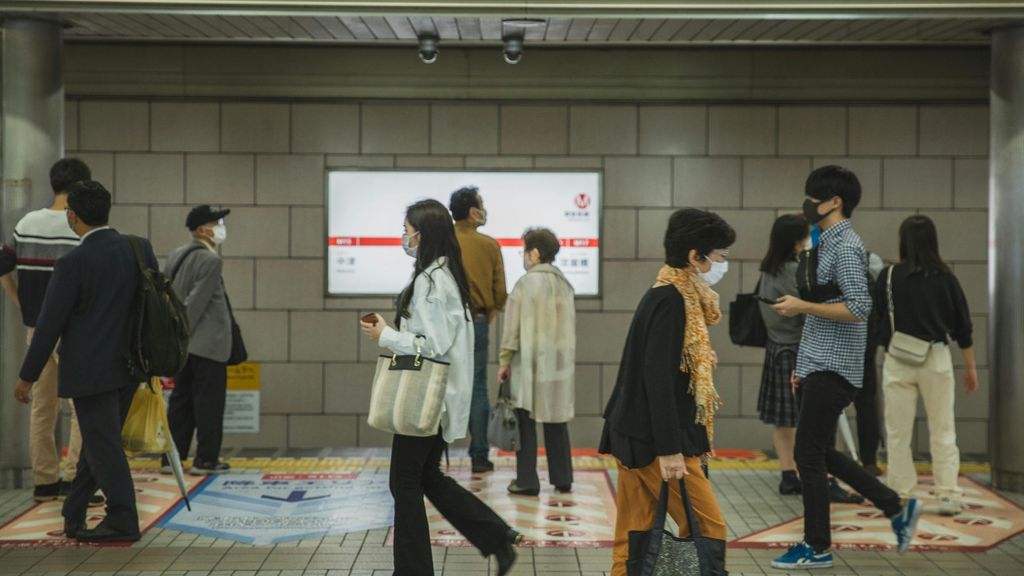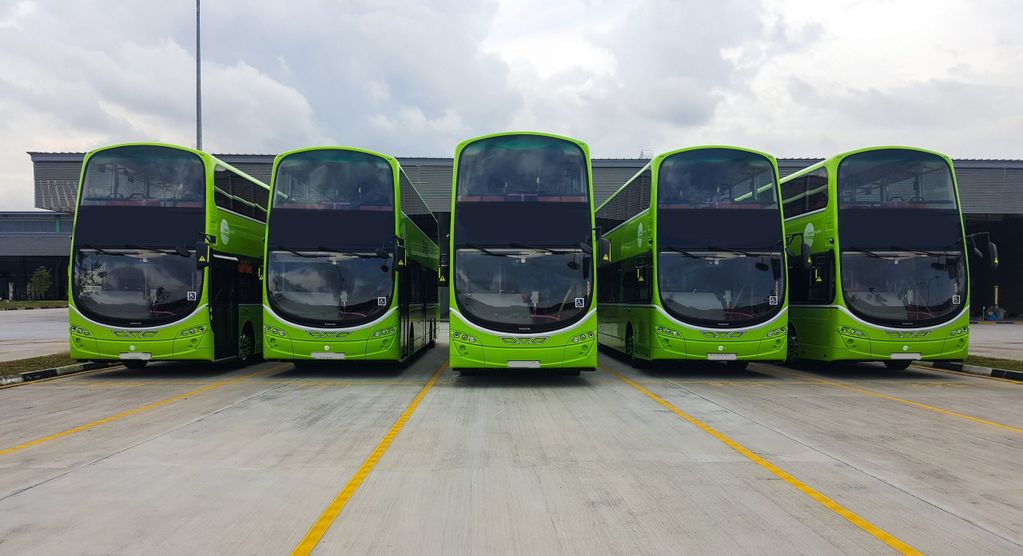
IT-TRANS 2022 speakers share their thoughts...Guillaume Gibon of CITiO, France
Our Speaker Series begins
This year, UITP and Messe Karlsruhe will host the eighth edition of IT-TRANS – bringing the world of urban mobility together to discuss digitalisation and IT in public transport. (Karlsruhe, 10-12 May 2022).
For each edition of our events, we like to spend some time getting to know our members and partners who bring their expertise to our impressive Conference programmes.
As we approach our time in Karlsruhe, we’ll be sitting down with several of our IT-TRANS speakers to gather their thoughts on the 2022 edition, what the audience can expect from their session, and a conversation on life in and out of public transport.
So what better way to introduce you to those who will bring our key topics and themes to life than a special sit-down interview series with our speakers!
Guillaume Gibon, CEO of CITiO
Q: Guillaume, CITiO is focused on building the mobility of tomorrow with the data available in our networks: ‘Transport data in action’. Can you tell our readers more about the company and your aims?
CITiO was founded in 2018 with the ambition to empower public transport authorities (PTAs) and public transport operators (PTOs) in optimising their mobility networks with the unique power of data. Only 10% of the available data is used to make decisions and take action. This is due to the multiplicity of back offices, the lack of reliability of some data, and the fact that the data culture is not yet developed in all organisations. Our mission is to help PTAs and PTOs through our intuitive and easy-to-use data-centric platform to better aggregate, visualise and leverage data in order to optimise their offer.
Q: Data is a big talking point within public transport right now, and features throughout the IT-TRANS topics and themes. What do you think we need to focus on to take advantage of the data and information available within the sector?
To take advantage of the data and information available within the public transportation sector, we need to focus on three main topics.
First, the data needs to be aggregated, harmonised and cleaned. Most public transport vehicles are equipped with a multitude of connected devices from different hardware suppliers. Data must be aggregated in a single software and cleaned to be properly used and analysed. And since the vehicles are not all equipped with the same type of devices, data should be harmonised at the level network, using smart algorithms, in order to find the missing information and then make relevant comparisons and analysis.
Then, the large amount of data collected and its potential complexity can be confusing. Therefore, the data must be organised and represented visually and very intuitively. This will allow PTAs and PTOs to read and analyse the data more easily, in order to facilitate their decision making regarding the optimisation of costs and offers. Finally, we can take advantage of the available data and create estimates and predictions, using artificial intelligence (AI). This enables PTAs and PTOs to test and try many scenarios and therefore improve their decision making on what can be very expensive investments.
Q: During IT-TRANS you will present two start-up sessions on optimising public transport networks using AI and Big Data. Data will give us an important insight into not only passenger habits, but life beyond the pandemic. What can you tell us about your sessions?
The 5-minute pitch will be about how artificial intelligence combined with big data in public transport can increase efficiency, improve customer experience, while reducing costs. We all know that the pandemic has had, and continues to have, a significant financial impact on PTAs and PTOs. However, we want to reassure them that they don’t have to make a choice between investing in data analysis tools and their finances, and we will explain why.
During the second session, which is a 15-minute presentation of our company, we will present use cases showing how cities and transports operators use our solutions: to restructure their network, to optimise the public transports offer, to adapt to the pandemic crisis of COVID-19, to gain insight on passengers habits, and more…
Q: We’re interested in learning more about our speakers and their careers as we approach Karlsruhe in May. If you weren’t leading CITiO, what would we find you doing?
I have a 15-year experience in entrepreneurship and I love starting projects from scratch with a problem-solving approach. I have launched and developed new digital activities throughout my career, and the societal impact of my actions has always been something I particularly value.
If I wasn’t at CITiO, I would probably be an architect! Which is not that different from what I do today if you think about it: both these jobs are about building something new from the ground up.
Q: And finally, with more than a decade’s worth of experience as an entrepreneur – we’d love to know of a piece of advice you’ve received that has stayed with you…
The best advice I’ve received as an entrepreneur is that success lies in execution…
Anyone can have good ideas, but the hardest and most important part is the execution, especially working as a team. A good entrepreneur has a vision, and has also to be able to share and engage around it.
Thanks to Guillaume for his time and contribution to our interview series…stay tuned for more from our speakers next week!
Join us in Karlsruhe to hear from Guillaume and his fellow speakers live
Meet IT-TRANS keynote: futurist, author and filmmaker Gerd Leonhard
UITP looks at Artificial Intelligence in public transport








